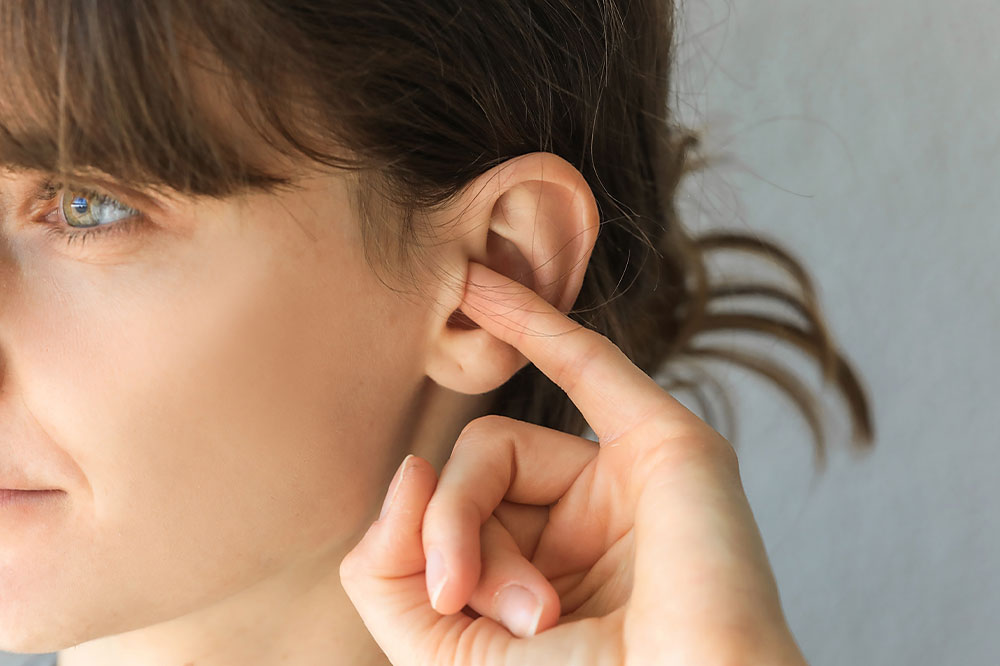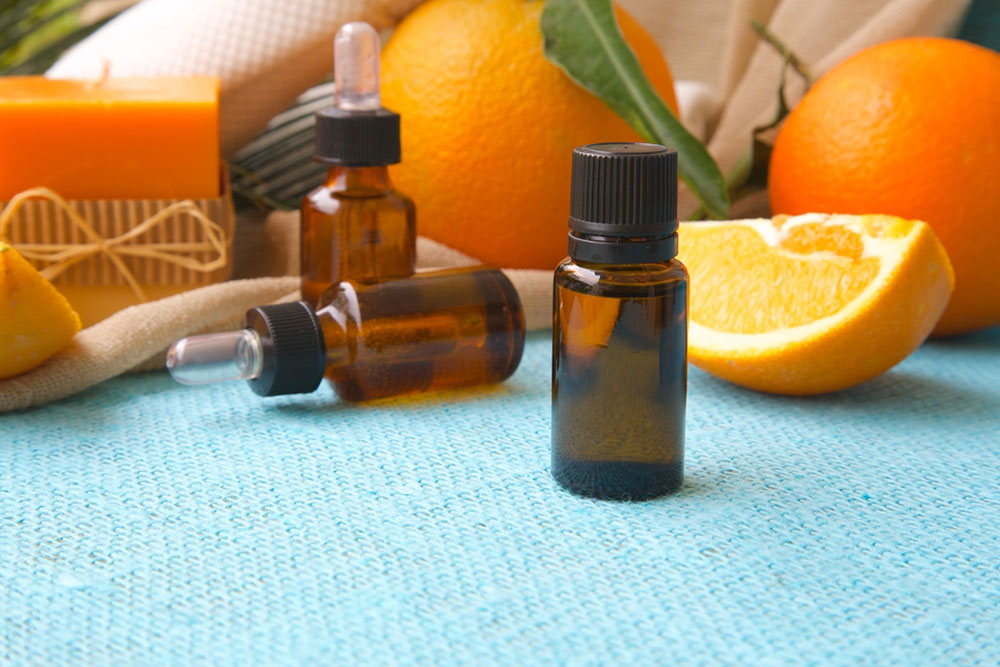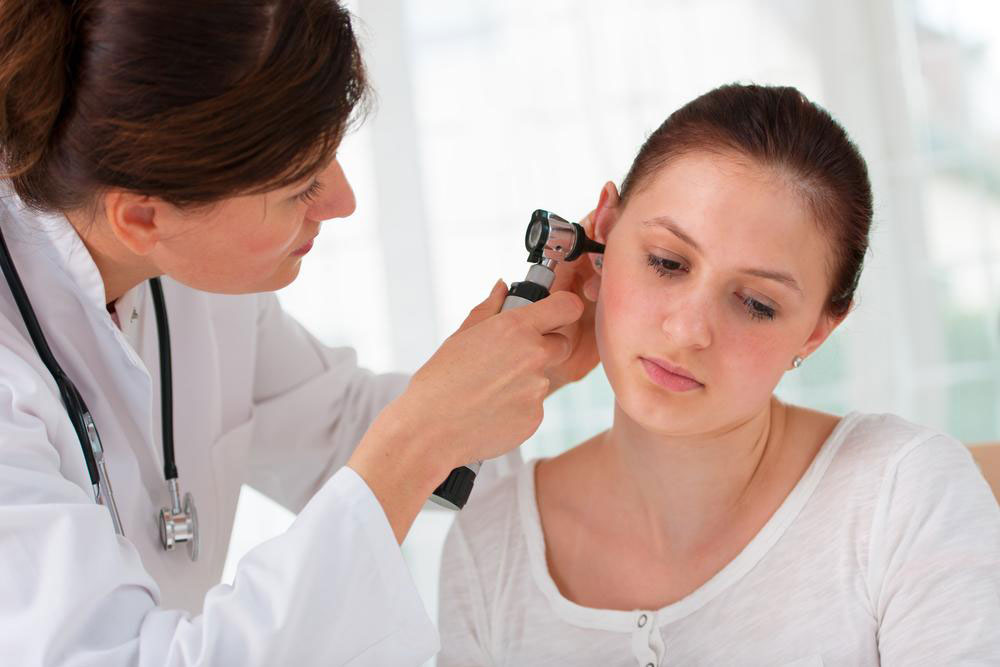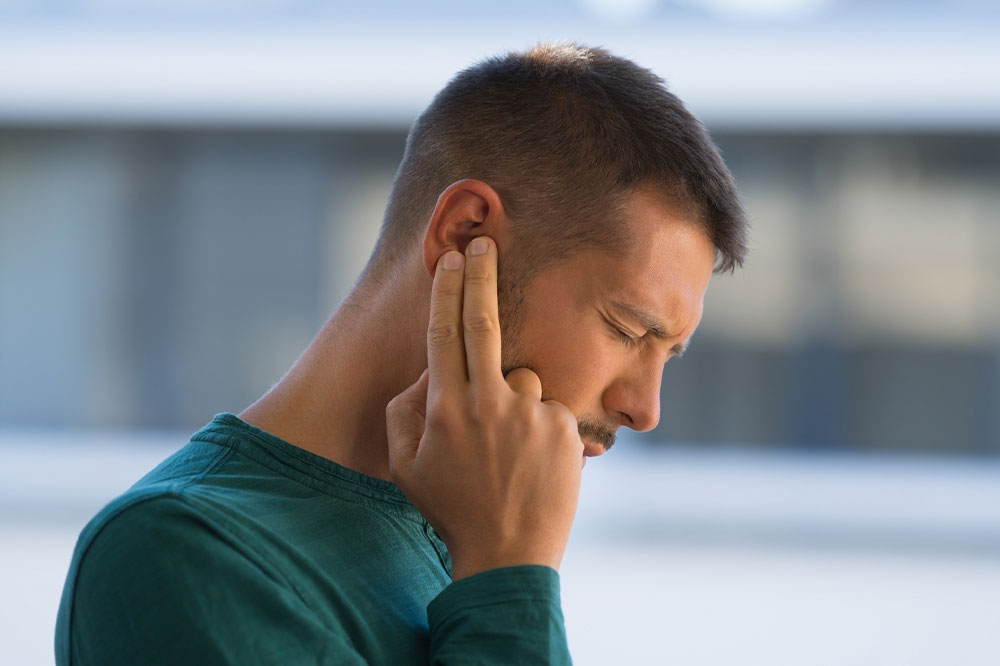Comprehensive Guide to Itchy Ears: Causes, Symptoms, and Effective Treatment Options
This comprehensive guide explores the common causes of itchy ears, such as allergies, infections, and skin conditions, offering effective home remedies like saline solution, olive oil, and tea tree oil. It highlights symptoms that require medical attention and provides practical tips for prevention. Understanding when to seek professional care is crucial for maintaining ear health and avoiding complications. Whether stubborn or occasional, managing ear itchiness properly can improve comfort and prevent future issues. A detailed read for anyone experiencing persistent ear discomfort.

Comprehensive Guide to Itchy Ears: Causes, Symptoms, and Effective Treatment Options
Experiencing persistent itching in the ear can be more than just a minor discomfort—it might signal underlying health issues that require attention. From temporary irritation caused by environmental factors to serious conditions that demand medical intervention, understanding the causes of itchy ears is essential for effective management. In this detailed guide, we explore the common reasons behind ear itching, early warning signs, and practical home remedies that can provide relief. Additionally, we discuss when it’s critical to seek professional care to prevent complications.
Common Causes of Itchy Ears
Excessive Earwax Buildup - Earwax, or cerumen, plays a vital role in protecting the ear canal by trapping dirt, dust, and microbes. However, overproduction or improper cleaning methods can lead to accumulation, resulting in itching sensations, discomfort, or even partial hearing loss. Regular cleaning without damaging the ear canal is crucial.
Allergic Reactions - Allergens such as pollen, dust mites, pet dander, or certain foods can trigger allergic responses that manifest as itching inside or around the ears. People with sensitivities or allergies should be cautious and identify specific triggers to reduce symptoms.
Skin Conditions Affecting the Ear - Dermatological issues like eczema, psoriasis, or seborrheic dermatitis often cause dryness, flakiness, and itching. These conditions may affect the ear's outer skin or even the canal, requiring targeted skin care and sometimes medical treatment.
Ear Infections - Both bacterial and fungal infections, such as swimmer’s ear (otomycosis), are common causes of itchy ears. These infections usually cause redness, swelling, and pain along with itching and may require antibiotics or antifungal medications.
Environmental Factors and Humidity Changes - Fluctuations in humidity levels, whether from weather changes or indoor environments, can dry out or excessively moistify the ear canal. These shifts can irritate the skin and cause itching.
Neurological or Other Medical Conditions - Conditions like Bell’s palsy, trigeminal neuralgia, or nerve-related issues can sometimes lead to sensations of itching within the ear. In such cases, addressing the neurological condition is key to relief.
Recognizing Symptoms and When to Seek Medical Advice
While mild itching can often be managed at home, persistent or worsening symptoms might require professional evaluation. Warning signs include severe pain, discharge, hearing loss, dizziness, or signs of systemic infection—immediately consult a healthcare provider to prevent complications.
Effective Home Remedies for Itchy Ears
Saline Solution - Mix half a teaspoon of salt in a cup of warm, distilled water. Using a sterile dropper, place a few drops into the affected ear, tilt the head to allow the solution to sit for a minute, then drain out. Repeat two to three times daily to help soothe irritation and clear minor debris.
Olive Oil - Warm a small amount of pure olive oil and use a dropper to gently place a few drops in the ear. Olive oil acts as a natural lubricant, softening earwax and reducing inflammation. After sitting for a few minutes, tilt the head to drain the oil. This remedy can be safely used once daily.
Apple Cider Vinegar - Dilute equal parts of apple cider vinegar with water and use a dropper to instill a few drops into the ear. Its natural antifungal properties may help combat fungal infections. Let it sit for several minutes before tilting the head to drain. Use once or twice daily until symptoms improve.
Tea Tree Oil - Known for its potent antifungal and antibacterial effects, tea tree oil should be diluted with a carrier oil such as coconut or olive oil (a few drops). Apply carefully with a sterile dropper, allow to sit for several minutes, then drain. Repeat once daily until itching subsides.
Hydrogen Peroxide - As an antiseptic, hydrogen peroxide can help remove excess earwax and reduce bacterial load. Mix equal parts of peroxide and water, then drop a few drops into the ear. Allow bubbling to subside before tilting the head to drain. Use once daily over several days for best results—be cautious and avoid if you have a ruptured eardrum.
Aloe Vera Gel - Extract fresh gel from aloe vera leaves and apply a small amount to the itchy area around or within the ear, avoiding deep penetration. Its soothing and antibacterial properties can relieve discomfort. Reapply as needed over several days.
Garlic Oil - Prepare by gently warming olive oil infused with crushed garlic for a few minutes, then strain to remove solid particles. Using a dropper, instill a single drop into the ear daily. Garlic’s natural antifungal and antibacterial qualities can help resolve infections and reduce itchiness.
Preventive Measures and Tips - Avoid inserting cotton swabs or other objects into the ear canal, which can push wax deeper or cause injury. Maintain good ear hygiene, dry ears thoroughly after swimming or bathing, and keep allergies under control through environmental precautions or medication. Regular check-ups with an ear specialist can help detect issues early before they escalate.
Managing itchy ears effectively involves understanding the underlying cause and selecting appropriate remedies. Persistent symptoms should always be evaluated by healthcare professionals to prevent complications. Remember, ear health is vital for overall well-being, so taking proactive steps is essential for comfort and health.





